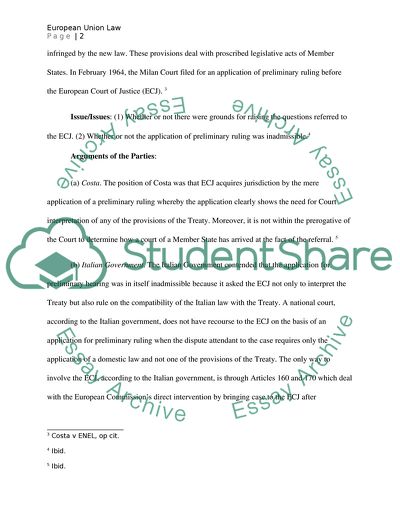Cite this document
(The EU Law Cases Analysis Assignment Example | Topics and Well Written Essays - 1750 words, n.d.)
The EU Law Cases Analysis Assignment Example | Topics and Well Written Essays - 1750 words. https://studentshare.org/law/1553485-european-union-law
The EU Law Cases Analysis Assignment Example | Topics and Well Written Essays - 1750 words. https://studentshare.org/law/1553485-european-union-law
(The EU Law Cases Analysis Assignment Example | Topics and Well Written Essays - 1750 Words)
The EU Law Cases Analysis Assignment Example | Topics and Well Written Essays - 1750 Words. https://studentshare.org/law/1553485-european-union-law.
The EU Law Cases Analysis Assignment Example | Topics and Well Written Essays - 1750 Words. https://studentshare.org/law/1553485-european-union-law.
“The EU Law Cases Analysis Assignment Example | Topics and Well Written Essays - 1750 Words”. https://studentshare.org/law/1553485-european-union-law.


